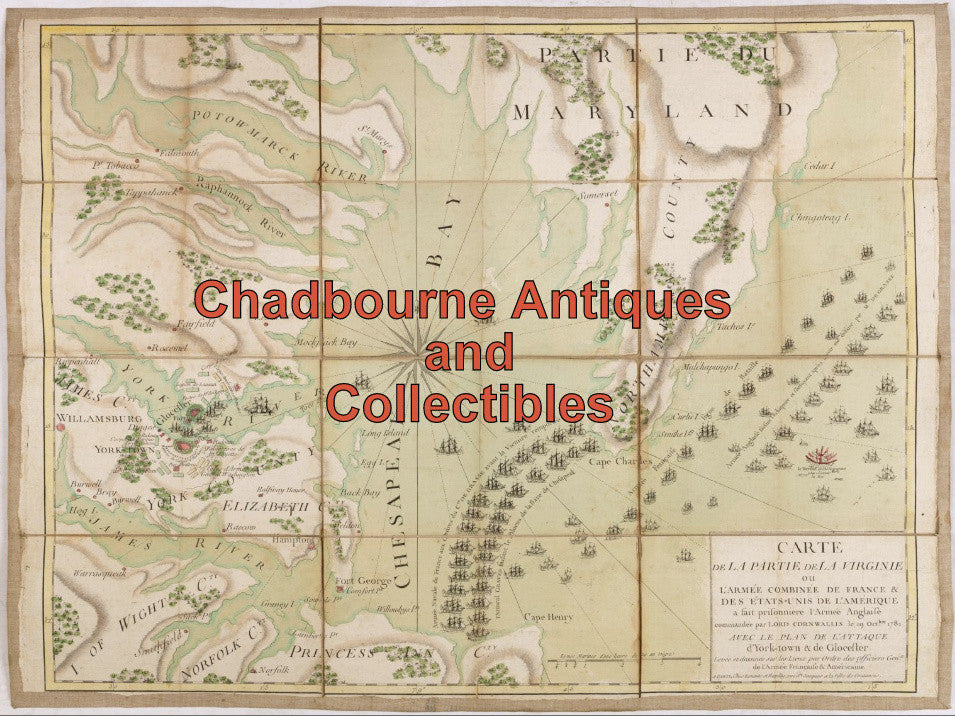$300.00 CAD
| /
February 4th 1857 letter from Boston to Washington. Addressed to Miss Katherine Fay, c/o William Wilson Corcoran (famous philanthropist).
Everett's son Henry married Katherine Pickman Fay in 1866.
Envelope has a #11 Washington 3 cent stamp, with a Boston 'PAID' cancellation and a Boston '4 FEB' circular cancel.
Boston 4 February 1857
My dear Kitty,
I received yesterday your kind letter of the 31st of January and I am much obliged to you for writing to me, & for the interesting information contained in your letter. I feel very much flattered at your telling me I am missed at Washington; altho’ I cannot conceive that, with all the wit and wisdom, the beauty & fashion, the accomplishment & gallantry of the country, collected about you, you can possibly miss me.
I may say that I miss Washington: those delightful causeries in the library; those pleasant strolls in the garden, & through the conservatories: those charming little lunches and dinners. It is really a shame, that I should lose all this, while Clingman and Sanford, and a parcel of fellows, who don’t love you wholy half as much as I do, should be enjoying it to their hearts content.
You do not tell me whether your Mamma is at Washington: if so give my kind remembrance to her. I gave your love to Will for which he is much obliged to you. His vacation is half over: he had lost the last week from a very unromantic cause; a boil in his neck, but it is now healed. I too have been disabled for several days, by a shocking rheumatic cold which I took last week. I am however now better.
Col. Brook’s death created a good deal of sensation here. Some bitter remarks, in journals of a certain class, have been made on the subject, but most persons let their angry feelings accompany him to the grave.
I have no news to tell you, for I go into no company, read no books, & see very little of the outer world. I have been persuaded to repeat my discourse on the Character of Washington on the 23 of Feb. I wish you & Louly were to be here to hear it, for I always like to speak, in the hearing of those I love. But I dare say you both think you have heard it often enough already. You tell me Clingman looked to see if Louly was attending to him; you do not tell me who looked at a certain other young lady. What a time the beaux must have with two such favorites: treat them as kindly as you can.
Pardon all this nonsense: give my very best love to Louly, and believe me, dear Kitty, your most affectionate friend,
EE
N.B. I believe this is a pretty loving epistle for 63.
I verified the handwriting with other online letters and it matches. He also mentions having been recently sick, now recovered and presenting his 'Character of Washington' speech on Feb 23rd. In the book 'Orations and Speeches on Various Occasions' Volume 4 by Edward Everett, this exact scenario is mentioned.
The 'Will' mentioned in the letter would be Edward's son William.
4 3/4" x 7 3/8"
William Wilson Corcoran (December 27, 1798 – February 24, 1888) was an American banker, philanthropist, and art collector.[1] He started the Corcoran Gallery of Art.
Edward Everett (April 11, 1794 – January 15, 1865) was an American politician, pastor, educator, diplomat, and orator from Massachusetts. Everett, a Whig, served as U.S. Representative, U.S. Senator, the 15th Governor of Massachusetts, Minister to Great Britain, and United States Secretary of State. He also taught at Harvard University and served as its president.
Everett was one of the great American orators of the antebellum and Civil War eras. He is often remembered today as the featured orator at the dedication ceremony of the Gettysburg National Cemetery in 1863, where he spoke for over two hours—immediately before President Abraham Lincoln delivered his famous, two-minute Gettysburg Address.
He served ten years in the United States Congress before winning election as Governor of Massachusetts in 1835. As governor he introduced the state Board of Education, the first of its type in the nation.
After being defeated in the 1839 election by one vote, Everett was appointed Minister to Great Britain, serving until 1845. He next became President of Harvard, a job he quickly came to dislike. In 1849 he became an assistant to longtime friend and colleague Daniel Webster, who had been appointed Secretary of State. Upon Webster's death Everett served as Acting Secretary for a few months. In the later years of his life Everett traveled, giving speeches all over the country. He supported efforts to maintain the Union before the Civil War, running for Vice President on the Constitutional Union Party ticket in 1860. He was active in supporting the Union effort during the war and supported Lincoln in the 1864 election.
WIKIPEDIA
